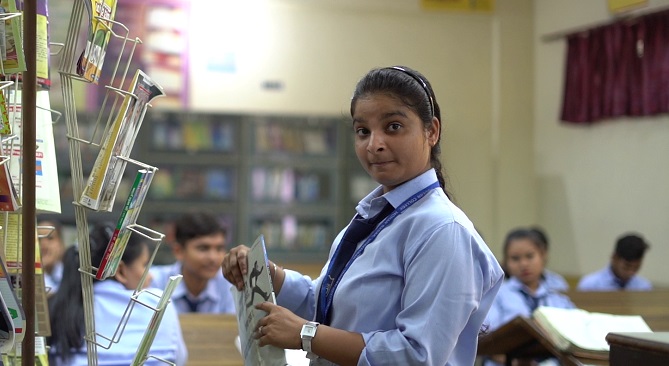Bachelor of Arts or B.A. is an undergraduate programme in Arts. There are various disciplines such as Economics, History, Political Science, Home Science, English, Psychology, and Sociology in which B.A. can be pursued. The course can be pursued right after passing class 12th in India. Usually, a three-year course arts programme is offered by colleges under various streams such as hospitality, mass, design, and communication. It is mandatory to study 6 subjects along with a few elective(minor) subjects.
The course of B.A. (Programme) was introduced in MCPS in October 2021 by CCS University. This new course is similar to the old one in some ways, but there are certain differences between the two. The new integrated, interdisciplinary B.A. The programme is an attempt to make undergraduate education "more focused to the current environment," and also introduces a diverse choice of new subjects offering options to the students.
It is an exhaustive three-year undergraduate programme offering an in-depth study of various theoretical concepts and functional areas in Arts. The academic programme is designed to help the learner develop basic knowledge and skills, the importance of communication, humanities and language. There are lucrative professional job opportunities for Bachelor of Arts graduates within the domain of primary education, including subject-specific teaching. The programme will impart academic orientation towards research, innovative thinking and writing.
Bachelor of Arts (General) is a very popular course as it gives a chance to get acquainted with various topics including History, Geography, Economics, Polity etc... The programme is exclusively designed to inculcate in students analytical and innovative qualities through practical knowledge.
OBJECTIVES :
- To enable the students to acquire communication fluency.
- To develop intellectual, personal and professional abilities.
- To train the learner to plan and consume a balanced diet by self and for the family.
- To learn about the environment and ways to minimize the population
- To learn the theoretical aspects as well as the skills, techniques and their applications.
- To nurture the skill of observation.
- To develop the necessary and portable skills to perform economic analysis for both public and private sector positions.
- To create awareness regarding the rights and duties.
- To motivate the students for active participation in political discussion.
- To develop the ability of critical and logical thinking, select relevant facts, establish relationships and draw inferences and conclusions.
OUTCOMES :
- To communicate and present the ideas and use the sources accurately and effectively.
- To demonstrate awareness of the English language and literature in various contexts.
- Develop professional skills in food, nutrition, textiles, housing, product making, communication technology and human development.
- Students will develop professional skills in human behaviour and counselling for human development.
- Acquire quantitative skills in economic analysis.
- Careers in banking, finance, business, industry, government and public policy.
- Communicate through presentations about specific economic issues.
- To generate socially-informed knowledge and cater to the educational upliftment of marginalized communities through papers like Human Rights, Political Ideas in Modern India and Woman and Politics in India.
- To provide a progressive, healthy and vibrant environment to its students as well as teachers for the purpose of developing of the department known for its academic and intellectual pursuit.
- Students will learn a variety of sound Historical Research practices.
- Students will be able to identify and describe the contours and stakes of conversations among historians within defined historiographical fields.




